Scaling ICT based neurorehabilitation to personalised home care
This project seeks to develop a home version of Rehabilitation Gaming System (RGS), a hospital-proven neurorehabilation technique in which post-stroke patients play virtual games to aid motor and cognitive recovery. By allowing people to play RGS games in their homes, this project will reduce the cost of therapy while increasing patients’ quality of life.
Origins
The SPECS research group of IBEC and Eodyne Systems have developed and commercialised RGS, a science-based ICT solution for neurorehabilitation targeting motor and cognitive recovery after stroke. RGS combines brain theory, AI, cloud computing and virtual reality. It has been clinically validated, proving to be superior to other methods and products while reducing costs for therapy centres and hospitals. A home version will be patient friendly and allow for wider use.
Team
The RGS@Home team, lead by Prof. Paul Verschure, is an international and truly multidisciplinary group, with expertise in psychology, neurorehabilitation, engineering, biology, mathematics, physics, computer science and humanities. Along with medical and technical expertise, the team also has experience in start-up creation and market-oriented research and development.
The project
The project RGS@HOME will develop a home version of Rehabilitation Gaming System (RGS), an existing commercial product created by SPECS/IBEC and Eodyne Systems S.L. and utilised successfully in neurorehabilitation centres. Combing brain theory, AI, virtual reality and cloud computing, RGS@HOME uses games to assist patients with motor and cognitive recovery after a stroke. The solution will speed-up recovery and, by allowing for home treatment, it will drastically reduce the length of hospital treatment that patients require.
RGS@HOME is the result of more than 15 years of research in brain theory and the adaptation of ICT techniques to neurorehabilitation. The total investment executed to this point surpasses €10 million.
The EIT Health framework and funding allowed a partnership gathering the whole spectrum of public and industrial stakeholders from three European regions with both public and mixed private/public reimbursement models (Sweden, France and Spain).
Impact
RGS@HOME will help patients by speeding up recovery and promoting intensive daily limb use at home. While it drastically reduces the duration of treatment at hospitals, because it brings treatment home, the solution allows patients to benefit from an overall increase in hours of training, and can enhance retention of the results they obtain. The benefit for hospitals, therapy centres, and ultimately payers, is that it acts as a workforce multiplier, reducing the time needed by the therapist to treat patients.
Why this is an EIT Health project
This innovation goes to the core of the EIT Health Focus Area of “Bringing Care Home”, providing all the benefits of home care. The treatment will be less burdensome, and therefore more effective, because patients can use it according to their own schedules. It also will be less costly because it reduces the need for a physical therapist’s time.
External partners
- Eodyne systems
- Saddle Point Science Ltd
- Hospital CHU Limoges
Members
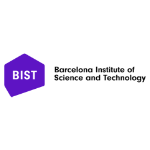
CLC/InnoStars: Spain
Partner classification: Research
The Barcelona Institute of Science and Technology is a scientific foundation of seven of Catalonia’s research centres of excellence. Its main objective is to build new scientific collaborations among these centres, thus giving impulse to multidisciplinary projects to push ever further the frontiers of knowledge. Its scientific community is made up of members of the participating research centres: Centre for Genomic Regulation (CRG), Institute for Bioengineering of Catalonia (IBEC), The Institute of Photonic Sciences (ICFO), Institute of Chemical Research of Catalonia(ICIQ), Catalan Institute of Nanoscience and Nanotechnology (ICN2), Institute for High Energy Physics (IFAE) and Institute for Research in Biomedicine (IRB Barcelona). Areas of specialization: Biomedicine research, bioengineering in health, bionano research, genomics, bioengineering, photonics, chemistry, nanoscience & nanotechnology, physics and biomedicine.
Barcelona Institute of Science and technology (BIST)
Barcelona Institute of Science and technology (BIST), Carrer del Comte d'Urgell, 187, 08036 Barcelona, España
Key Activities in Business Creation
Technology Transfer

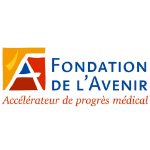
CLC/InnoStars: France
Partner classification: Research
The Fondation de l’Avenir is a direct link to the most influent Health Mutuality Companies. Based on their 2600 care and support services, with 90 hospitals and 522 social and medical centers, Health Mutuality companies are the first private actor of the French health prevention system. The Fondation de l'Avenir has also, in 30 years, develop a wide network of scientists and projects holders, in the greatest hospitals and universities all over France.
Fondation de l'Avenir pour la Recherche Médicale Appliquée
Fondation de l'Avenir pour la Recherche Médicale Appliquée, 255 Rue de Vaugirard, 75015 Paris, France
Key Activities in Social Innovation
Healthcare provision, Payers

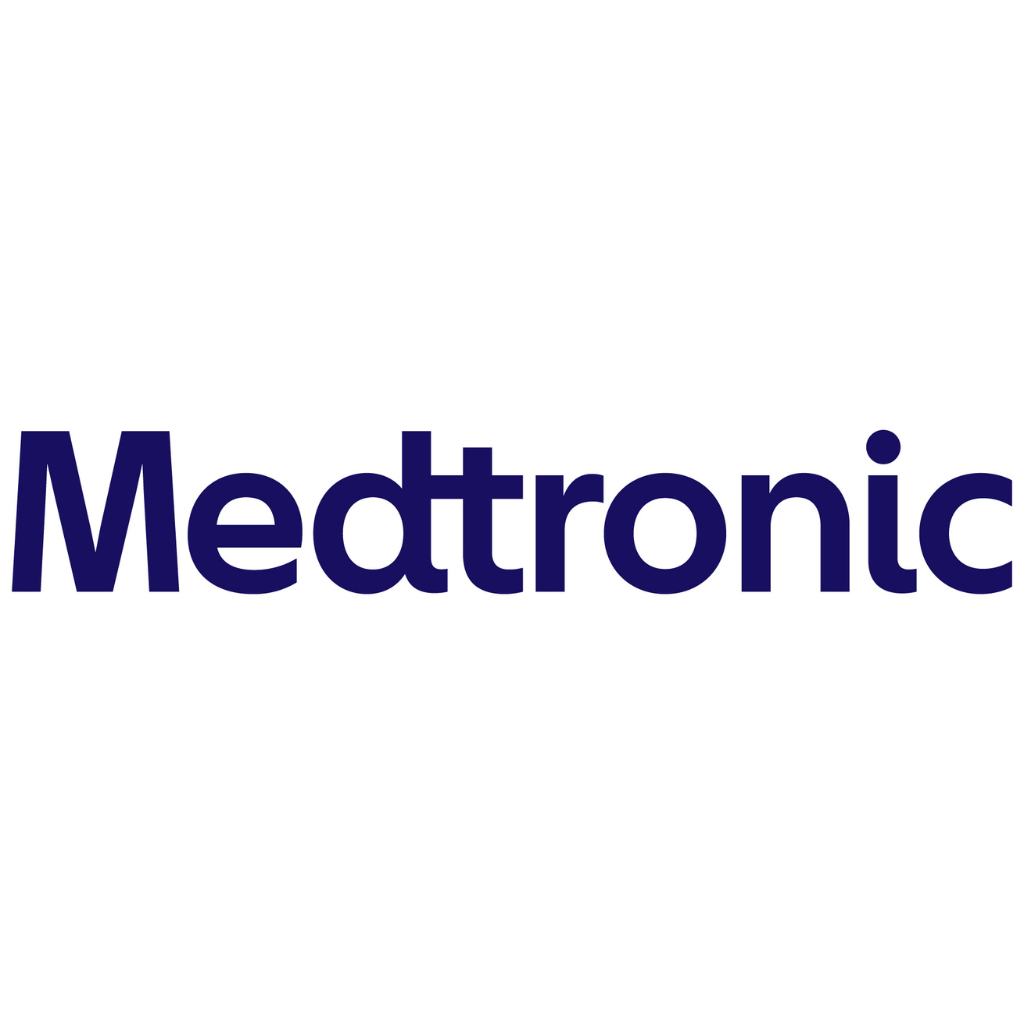
CLC/InnoStars: Spain
Medtronic is a global leader in medical technology, services, and solutions. We collaborate with others to take on healthcare's greatest challenges. Six powerful words have inspired us to do the extraordinary for 60 years and counting: Alleviate pain. Restore health. Extend life. Our approach to innovation: With a passion to solve unmet needs, we redefine what’s possible in healthcare technology. Life-transforming technology We fuse technology, a deep understanding of the body, and leading medical science to create never-before-seen solutions. Whether it’s developing less-invasive surgical approaches to minimize a patient's downtime or creating the smallest pacemaker, our potential to transform lives knows no limits. Insight-driven care We take insights gleaned from data to make substantial improvements in care, tailoring therapies in real time. And our work on the forefront of technology pushes care forward, such as reimagining robotic-assisted surgery to bring advanced precision and predictability to more people. Experiences that put people first Empathy inspires our technologies that smartly adapt to a patient’s lifestyle and don’t get in the way of the things they love to do. We’re working to create adaptive technologies to alleviate patients’ concerns and put control in their hands. Better outcomes for our world There is no greater measure of our efforts than the outcomes we enable. For everyone we serve. From better clinical and economic outcomes to societal ones. It motivates us to introduce technologies to underserved regions, dismantle barriers to equity in our communities, and deeply understand the patients and health systems we serve.
Medtronic
C. de María de Portugal, 11, Hortaleza, 28050 Madrid, Spain.
Key Activities in Research and Developement
Cardiovascular, Neuroscience, Diabetes, Medical Surgical,
Key Activities in Corporate Innovation
Med Tech, Digital Health, AI and remote patient monitoring, Diagnostics, Imaging
Key Activities in Social Innovation
Sustainability, Circularity, Access to care, Patient experience
Key Activities in Business Creation
Technology Transfer, Business coaching
Key Activities in Education
Skills development

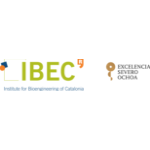
CLC/InnoStars: Spain
Partner classification: Research
Partner type: Linked/Affiliated Party
The Institute of Bioengineering of Catalonia (IBEC) conducts excellent interdisciplinary research between engineering and life sciences in order to generate new knowledge and join fields such as nanomedicine, biophysics, biotechnology, tissue engineering and the applications of health information technology. IBEC’s specialization areas are 3D Bioprinting, organ on a chip, microfluidics & lab on a chip, iPSCs for disease modeling and drug testing, HR microscopy at micro/nanoscale, advanced signal & data processing, nanorobotics, fabrication of biomaterials and characterization, biofunctionalization, engineering of bioactive molecules, biosensors, micro/nano electronics, neuroengineering and big data.
Institute of Bioengineering of Catalonia (IBEC)
Institute of Bioengineering of Catalonia (IBEC), Carrer de Baldiri Reixac, 10-12, 08028 Barcelona, España

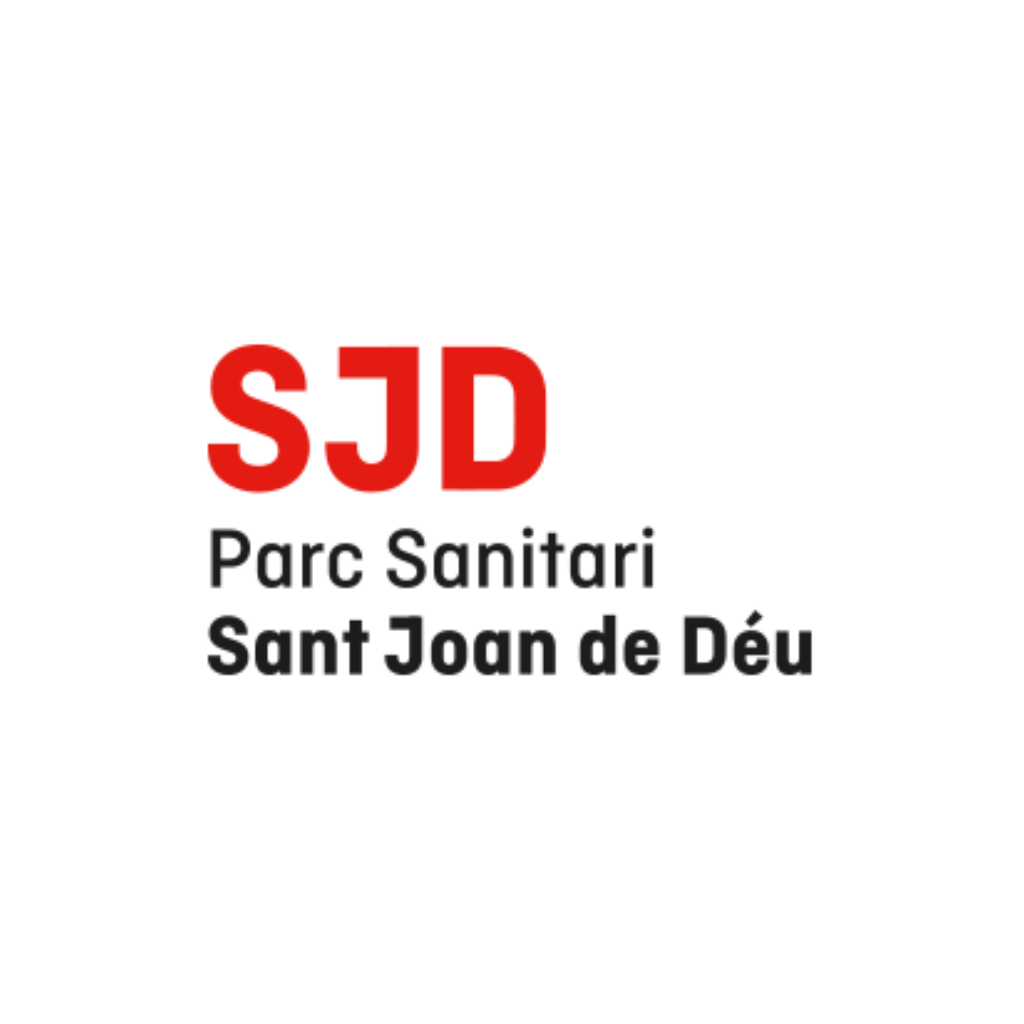
CLC/InnoStars: Spain
Partner classification: Research, Hospital / University Hospital
Parc Sanitari Sant Joan de Déu includes a General Hospital and a Large Network of Mental Health Services. It focuses on bringing together basic research scientists and research clinicians mainly in the areas of public health, mental disorders, ageing and disability.
Parc Sanitari Sant Joan de Deu (PSSJD)
Parc Sanitari Sant Joan de Deu (PSSJD), Carrer del Doctor Antoni Pujadas, 42, 08830 Sant Boi de Llobregat, Barcelona, Spain
Key Activities in Social Innovation
Healthcare provision, Payers
Key Activities in Business Creation
Testing & Validation
Key Activities in Education
Medical faculties, Healthcare professional education/training

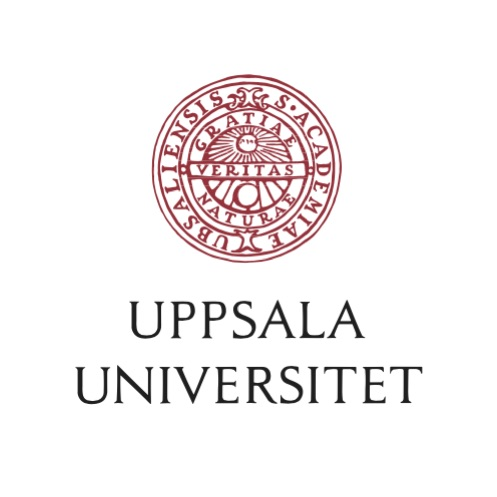
CLC/InnoStars: Scandinavia
Partner classification: Education, Research, Tech Transfer, Clusters, Other NGOs
Partner type: Associate Partner
The first university established in the Nordic countries founded in 1477, is an international research university. Uppsala University is ranked #61 in the Academic Ranking of World Universities 2014. World-class research and high at UU benefit society and business on a global level. The University is characterized by diversity and breadth, with international frontline research at nine faculties including 40,000 students, 1,800 teachers and researchers whereof about 670 professors. Comprehensive peer reviews and university rankings consistently show that research at UU is of the highest international standard. Research, education and innovation serve as guiding concepts in connection with cooperation with the business community and society at large
Key Activities in Corporate Innovation
Pharma, Med Tech, ICT, Diagnostics, Imaging
Key Activities in Social Innovation
Healthcare provision
Key Activities in Business Creation
Incubation, Technology Transfer, Business coaching, Testing & Validation
Key Activities in Education
Business Schools, Entrepreneurship training, Technical faculties, Medical faculties, Healthcare professional education/training

Synthetic, Perceptive, Emotive and Cognitive Systems (SPECS) | ICREA Research Professor | IBEC
Contact